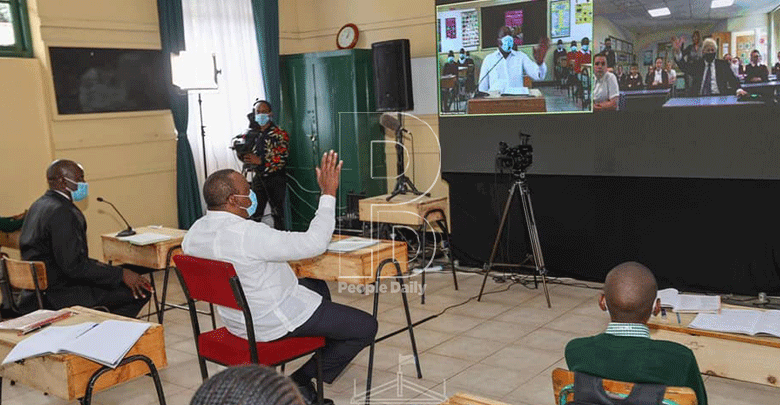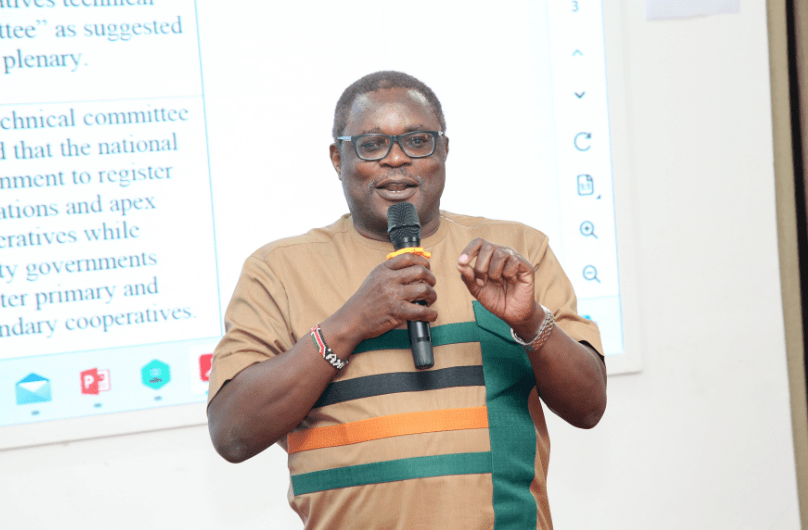Unesco joins calls for better oversight of private education

Poor oversight and regulation of private learning institutions worldwide continues to undermine the quality of education thus widening the educational divide, a new report has revealed.
The Unesco’s Global Education Monitoring (GEM) Report, entitled Who Chooses? Who Loses? shows that many countries lack adequate regulations on private education or the capacity to enforce them thus undermining the quality and widening the educational divide between rich and poor.
“Minimum standards have to be set by governments across public and private schools, to make sure that the most disadvantaged students have equal opportunities to benefit from quality education. Equitable financing mechanisms are also urgently needed. Those living in more disadvantaged contexts shouldn’t be penalised”, says Audrey Azoulay, Director-General of Unesco.
The report reveals that only 27 per cent out of 211 countries where the report covered, prohibit explicitly profit-making in primary and secondary schools, which runs counter to the vision of 12 years of free education for all, 55 per cent of the countries have regulations preventing selective admission procedures in private schools, seven per cent of the countries have quotas that enhance access to schools for disadvantaged students through initiatives and only half have regulations on private tuition.
Consequently, households in the least developed countries spend a disproportionate amount of their income to educate their children. Households account for 39 per cent of education expenditure in low- and lower-middle-income countries compared to 16 per cent in high-income countries.
“In some countries such as Uganda, Haiti, Kenya and the Philippines, 30 per cent of families have to borrow to afford their children’s education. The impact of Covid-19 has squeezed family budgets even further, making school fees unaffordable for many”, says Manos Antoninis, Director of the Global Education Monitoring Report.
Adequate regulations
Without adequate regulations on private education or the capacity to enforce them, the report warns that equity, inclusion, and quality, the core principles on which Sustainable Development Goal number four is based, are at risk.
“Private schools play a huge role in education sector. This is evident as 350 million children and youth are now educated in non-State schools worldwide. This is why, we are calling for better oversight of private education to reduce inequalities,” she said in a statement.















